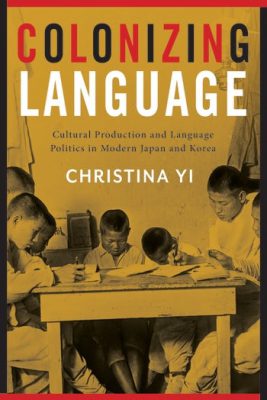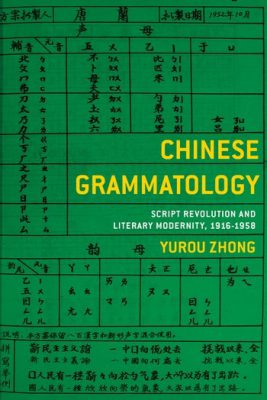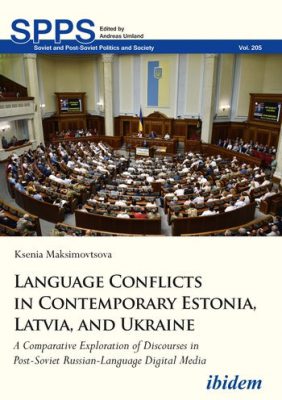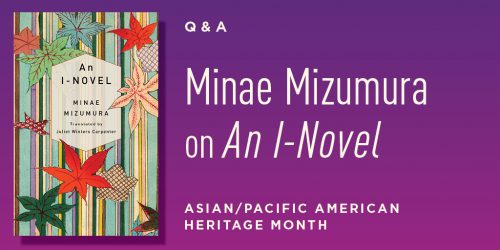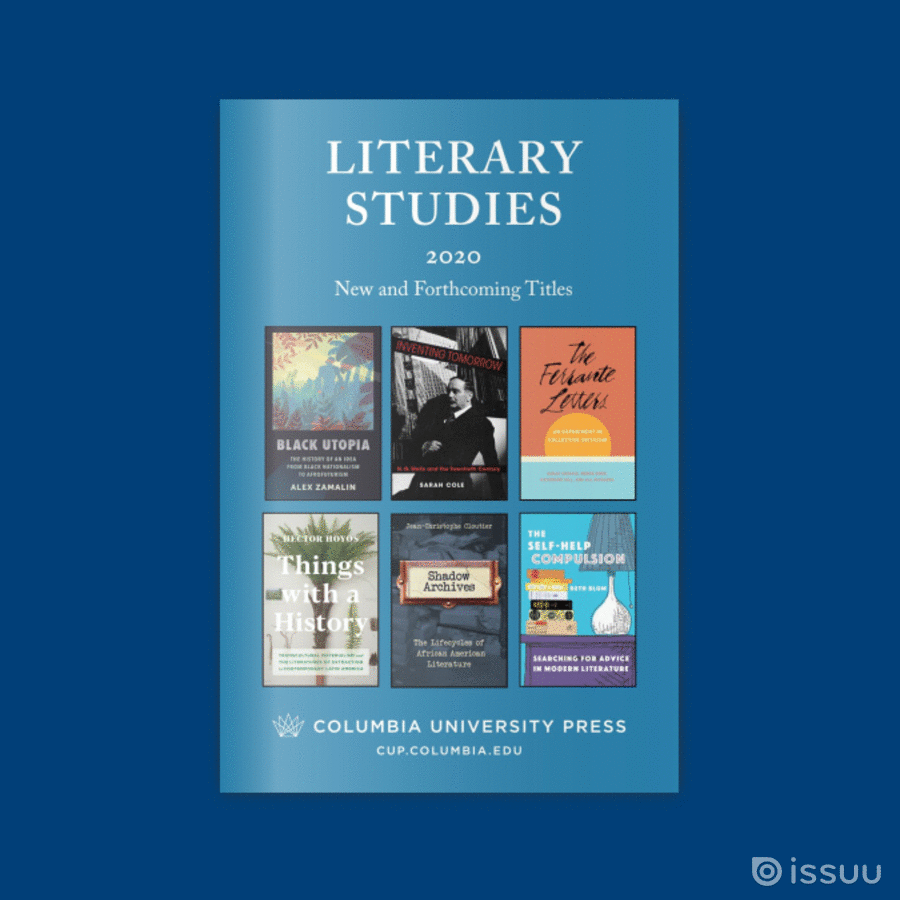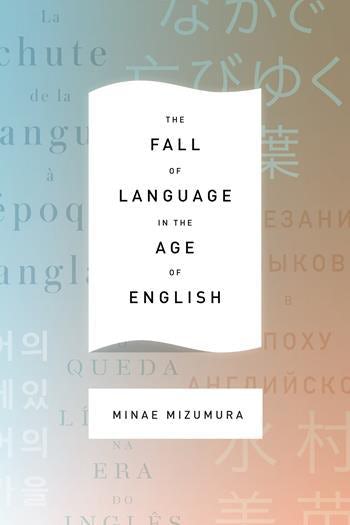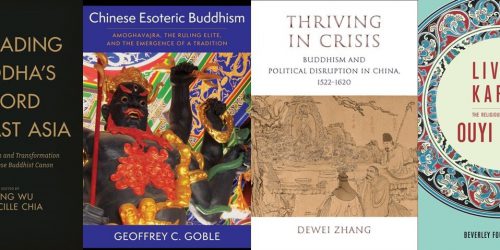Language and the Nation
By Syd Low

The Modern Language Association (MLA) has championed the study and teaching of languages and literatures since 1883. In concurrence with the annual meeting, which started yesterday, we thought we’d take a closer look at just one facet of this work: the study of national languages.
While the U.S. has no official national language, English is clearly the de-facto choice. Not only is this clear from all public signage, but also from the attitudes of some whenever they encounter other languages say in the grocery store or a Coke ad. Why is nationalism so linked to a monolingual ideology? What does it look like when a nation does institute an official language? Today we share a short reading list of case studies from all over the world.
• • • • • •
1. Colonizing Language
By Christina Yi
During the initial stages of the Japanese occupation of Korea (1910-1945) Korean and Japanese were taught side-by-side, but by 1943 teaching & speaking Korean was banned. Combined with other assimilation policies this lead to a significant amount of Japanese-language literature from colonial writers that was then purged from the canon upon Korea’s independence. But where else would it belong? Using meticulous archival research, Christina Yi troubles an ethnolinguistic understanding of “national literature,” and holds space for another dimension of the legacy of colonialism.B
2. Chinese Grammatology
By Yurou Zhong
Not only language, but orthography itself can be a point of ideological debate. As currently the oldest writing system still in use, Chinese characters have naturally had their moments of turmoil. Decried by some as a hindrance to modernization while upheld as a national treasure by others, hanzi present a pivot for Yurou Zhong’s exploration of mass literacy movements, phonocentrism, and the politics of language planning. Set during the tumultuous Republican period and early years of the PRC, Zhong argues the retention of characters represented anti-ethnocentric and anti-imperial priorities. A compelling investigation that will certainly give linguists, literature scholars, and cultural historians something to think about.
From the Soviet and Post-Soviet Politics and Society series (ibidem Press)
3. Language Conflicts in Contemporary Estonia, Latvia, and Ukraine
By Ksenia Maksimovtsova
After the dissolution of the Soveit Union the status of the Russian language for many states was no longer a given. Russian-speakers in Estonia and Latvia suddenly found themselves outside of Russia, and began advocating for Russian to be included as a state language. Meanwhile in Ukraine, many Russian-speakers agree that Ukranian is “vulnerable” and needs state protection, and are not pushing to include Russian as an official language. Using news websites and blogs, Maksimovtsova performs an insightful cross-cultural discourse analysis of language conflict.
4. The Fall of Language in the Age of English
By Minae Mizumura
The utility of shared languages is obvious, and the dream of a totally global language has appealed to more than just Esperantists. But what do we lose when a common language comes to dominate more than just international business? Through her own experiences with Japanese & English, Mizumura argues that like biodiversity, language diversity is crucial to fully celebrating humanity. Ruminating on the interaction of individual and national language use, this book is truly relevant to everyone. With the rise of the internet the pull of English may seem irresistible, so we must intentionally look to preserve the particular knowledge of specific languages.
• • • • • •
Syd Low is an M.A. candidate in the Department of East Asian Languages and Cultures
Explore more books on languages and linguistics and save 30% when you from our website by using coupon code: CUP30 at checkout.

